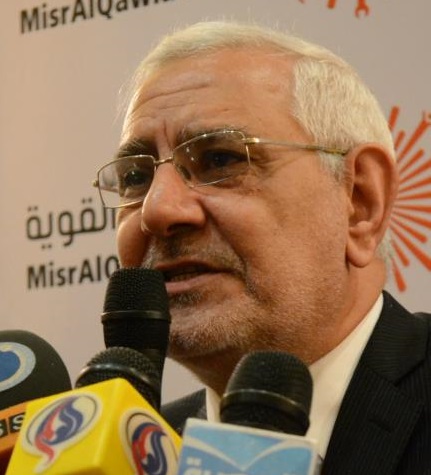Golf, as we have written before, is widely played partly because of a handicap system that allows players of different skills to compete in tournaments on an even playing field. Most of these tournaments are stroke play: you count your strokes on each hole, add them up, subtract your handicap, and you have your net score. The player with the lowest net score wins.
Sometimes a competition uses the Stableford system which gives points to your net score on each hole that you bogey, par, birdie, or eagle. The golfer with the most Stableford points wins. Why is this different from stroke play? The golfer is not penalized for a very bad hole: he or she just gets no points. In stroke play, you have to finish the hole even if it takes you 10 strokes to do so. One bad hole can ruin your chances in stroke play. Stableford play usually helps the high handicap players who are prone to have a disastrous hole or two or more.
There is a different way to play a competition. Golfers can play against each other on every hole, getting a point by winning a hole or gaining nothing if it is a tie. The player who is ahead at the end wins the match. If a player is ahead by more points than there are holes left to play, the match ends. For example, if one player is ahead by four at the end of the 15th hole, he or she wins the match 4/3 (ahead by four with only three holes to play). In match play, every hole is a new contest; every shot a matter of strategy.
One reason to have match play is because it encourages team competitions. One team of 32 plays against another of the same size and the team that wins the most matches is the victor. The matches can be one player against another or two players against two players. As the day wears on and the scores are announced, tension rises and the pressure mounts on players still on the course.
Match play also lends itself to knockout competitions that often last for a whole golfing season. One hundred and twenty-eight players can join the competition and each two or three weeks the players must complete a match. It is not a very social competition because the individual matches are played at a time convenient to the two players, and not all on the same day. That is one of its strengths. It allows everyone to compete; it doesn t require all the players to show up on the same day.
The Pharaoh Cup
Egypt s longest-running match play competition since the new courses have opened is at Katameya Heights. The brainchild of Egyptian Golf Federation Chairman Khaled Abou Taleb, it is called the Pharaoh Cup and is patterned after the Ryder Cup, the most famous professional match play tournament. Originally a competition between British and US teams, the Ryder Cup has become a competition every two years between US and European golfers.
Like the Ryder Cup, the Pharaoh Cup pits golfers from the US against, in Katameya s case, the rest of the world. This year marked the tenth anniversary of the Pharaoh Cup, and, after the US held the cup for three years, Khaled Abou Taleb captained the Rest of the World to victory. Like the last three tournaments, it was a very close competition that did not end until the final hole of the final match.
The first day was the team competitions, ending in an 8 ½ to 7 ½ advantage to the US. Fifteen matches were won by one team over the other; only the team of Captain Khaled Abou Taleb and Ronny Farag against Omar Khattab and Ed Helmbeck finished in a tie, each team getting 1/2 point.
Thirty-two singles matches awaited day two. The World Team produced some magnificent golf to seal victory, winning their matches 18-14 to give an aggregate score of 25 ½ points.
The World Team captain Khaled Abou Taleb – only the second time he has played this role – was ecstatic with his first victory captaining the team. He congratulated both teams for a hard two days of golf played with all the spirit one would expect from these two great teams.
Abou Taleb was also one of six players to receive a certificate for competing in all 10 Cups, and he has established a record to beat by being the only player to have won all of his 10 single matches as well. Ghassan Kabbani and Seif Fahmy from the World Team and Ed West, Ernie Kurotobi and Joe Sheridan from Team USA, also received certificates for their participation in all 10 Pharaoh Cups.

